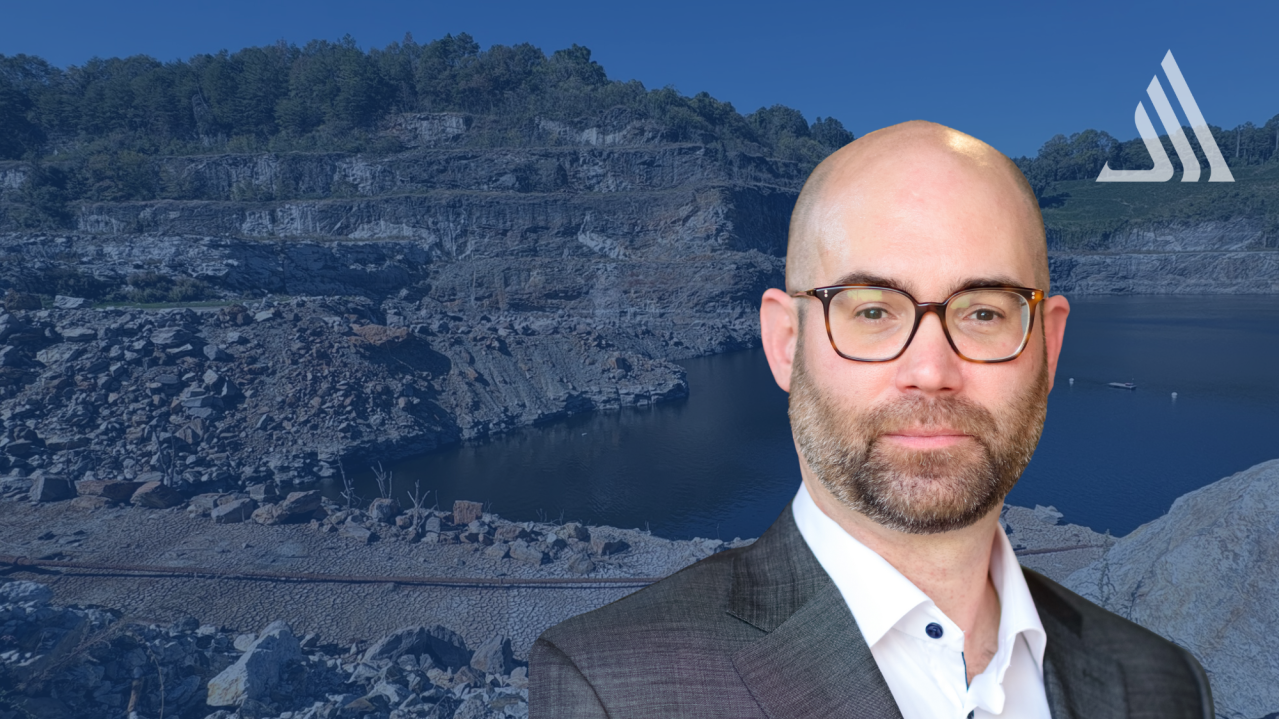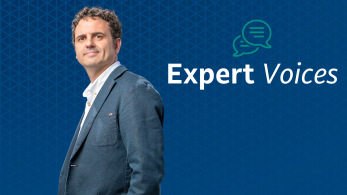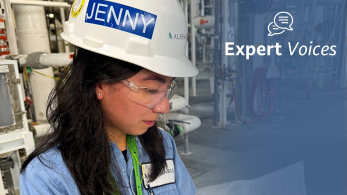November 17, 2025
Most people rarely consider the full life cycle of a mine. But Trevor Chesal, Albemarle’s senior director of environment & sustainable development, has spent two decades making sure each phase is approached with care, responsibility and long-term vision.
Today, Chesal’s work takes him to places like the Kings Mountain Mine in North Carolina, site of one of the few known hard-rock lithium deposits of its kind in the U.S. This historic mine operated for several decades until the early 1990s, and Albemarle is now seeking to permit and resume open pit mining operations.
Chesal was also recently appointed to the Initiative for Responsible Mining Assurance (IRMA) board. IRMA provides an independent, third-party system for measuring a mine’s performance across areas such as worker health and safety, community engagement, environmental protection, human rights and transparency.
“My mission is to help Albemarle design projects that build trust, minimize impacts and prove that critical minerals can be developed responsibly,” Chesal said.
These are projects that communities will benefit from long after the last ton of lithium is extracted.
A Career Forged Across Continents
Chesal's path into mining started in Canada, where both his father and grandfather worked in the industry. After studying environmental engineering at Dalhousie University and earning a master’s degree in environmental management from Duke University, he gained experience during Western Canada's mining boom of the mid-2000s.
Then came the adventures. Australia, Papua New Guinea, the Philippines, New Caledonia, Fiji. Each location taught him something different about responsible resource extraction. He spent the front half of his career on mine development, then dedicated eight years to closure.
Today, his team evaluates everything from water treatment and waste rock geochemistry to regulatory permitting and community engagement. Sometimes it's as specific as selecting building paint colors to minimize visual impacts on surrounding communities.
Why IRMA Matters
What Chesal appreciates most about his role at Albemarle is the company's commitment to IRMA, the most rigorous responsible mining standard in the industry.
"I think it's pretty noble for Albemarle to select IRMA,” Chesal said. “It just really shows that Albemarle wants to do the right thing. And we'll spend the time and effort required to achieve the certifications."
Albemarle was the first lithium producer to complete an independent audit and publish a report using IRMA’s comprehensive mining standard for its lithium brine extraction and concentration site in the Salar de Atacama in Chile.
IRMA provides what Chesal calls "a clear recipe" for responsible mining. He said IRMA's rigorous standard covers everything from technical requirements, to community engagement, business ethics and anti-corruption measures. Once the mine is operational, Albemarle can then invite IRMA to complete a third-party assessment that is published.
"You've got many different stakeholders involved, many different viewpoints on engineering, and IRMA helps guide that,” Chesal said.
Community First
If there's one lesson that's followed Chesal across continents, it's this: community engagement is everything.
"If you don't have the community on your side and you don't build those trusting relationships over time, then it's all basically for nothing," he said.
In Kings Mountain, that philosophy has translated into several years of proactive social and regulatory engagement before major construction of the proposed mine even begins. As the critical minerals industry expands rapidly, driven by demand for materials essential to the energy transition, Chesal sees stakeholder engagement becoming increasingly important.
"Indigenous and local communities, NGOs — these groups must be part of the conversation," he emphasized.
The Challenge That Keeps Him Going
Chesal thrives on the challenge of building large-scale projects from scratch.
"The challenge of these projects really excites me," he says. "When you're starting from a clean slate, you've got the opportunity to design a good project and meet all your economic, social and environmental goals."
Not many people can say their job involves both extracting critical minerals and selecting paint colors for environmental aesthetics. But that's exactly the kind of holistic thinking that defines responsible mining in the 21st century. And it's the work that Trevor Chesal is leading into the future.



